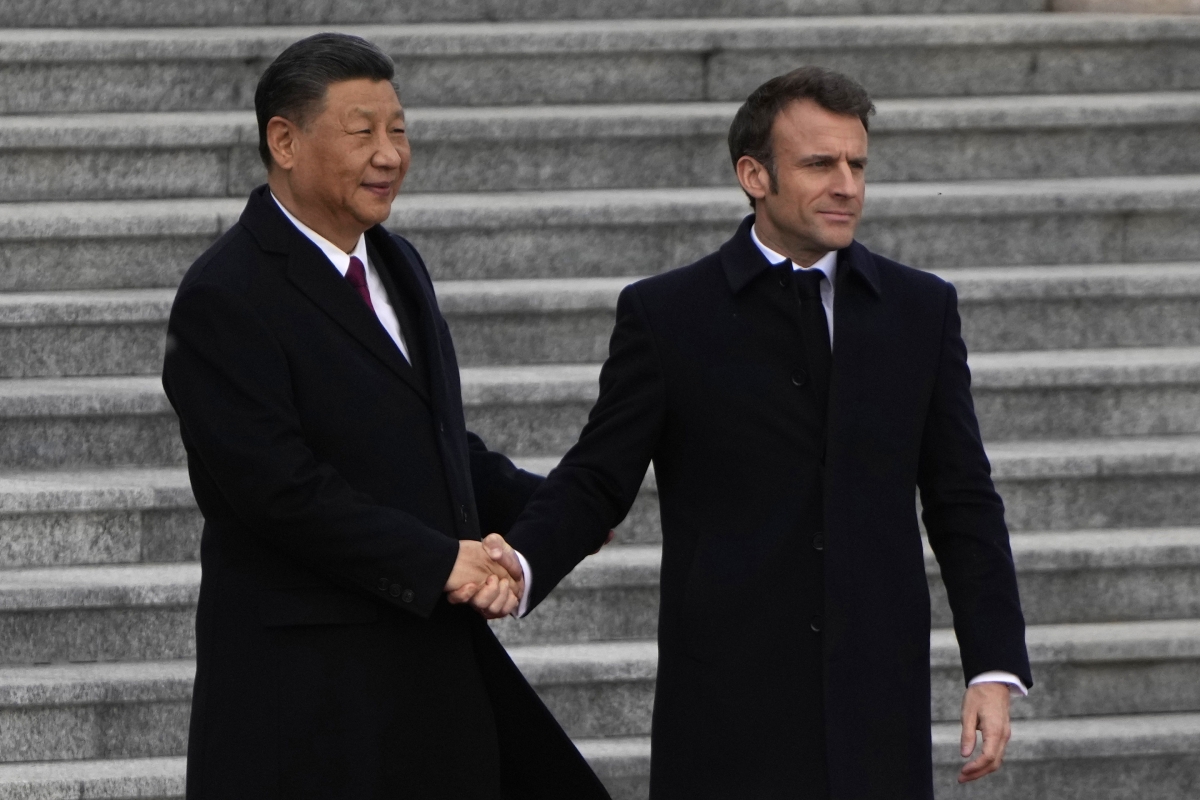Macron is EU's Best Bet for Swaying China on Ukraine
Nikkei Asia

Center for China Analysis Senior Fellow Philippe Le Corre has written an op-ed in Nikkei Asia. Following is an excerpt from the op-ed.
Against the backdrop of the war in Ukraine, European leaders must consider all possible options to help bring the crisis to a resolution. Many of them see China as one of the few countries that can help act as an intermediary with Russia, and believe they themselves can play a role in bringing that about.
French President Emmanuel Macron and European Commission President Ursula von der Leyen are set to travel together this week to Beijing to talk about EU-China relations and to seek China's help with the Ukraine crisis.
The past few years have seen a rare accumulation of contentious issues, including the European Union's failure to ratify a bilateral investment agreement with China amid an exchange of punitive sanctions in relation to Beijing's brutal repression of Muslim minorities, and the fallout from Chinese President Xi Jinping's alignment with Russia throughout the Ukraine conflict.
Since February 2022, European citizens have been seeing images of Ukrainian desolation on their television screens and on the front pages of their newspapers. Eastern Europeans, especially those in Poland, the Czech Republic, and the Baltic states have provided massive support to Kyiv, hosting millions of Ukrainians fleeing the fighting and helping President Volodymyr Zelenskyy's government both militarily and economically.
European nations have had to face challenges, including coping with the huge refugee influx, spiking inflation, and energy and security risks from Russia. With rising pressure from their own citizens to work on a solution, European governments are recognizing that the war cannot dragon indefinitely.
China's self-proclaimed neutral stance on the Ukraine war has not been perceived positively by European countries, many of which already felt disillusioned with years of unfulfilled investment promises from Beijing through the Belt and Road Initiative and the so-called 17+1 platform that brought China together with Central and Eastern European states. Indeed, the stresses of the Ukraine conflict have seen many of these countries become even more reliant on U.S. diplomatic and military help.

